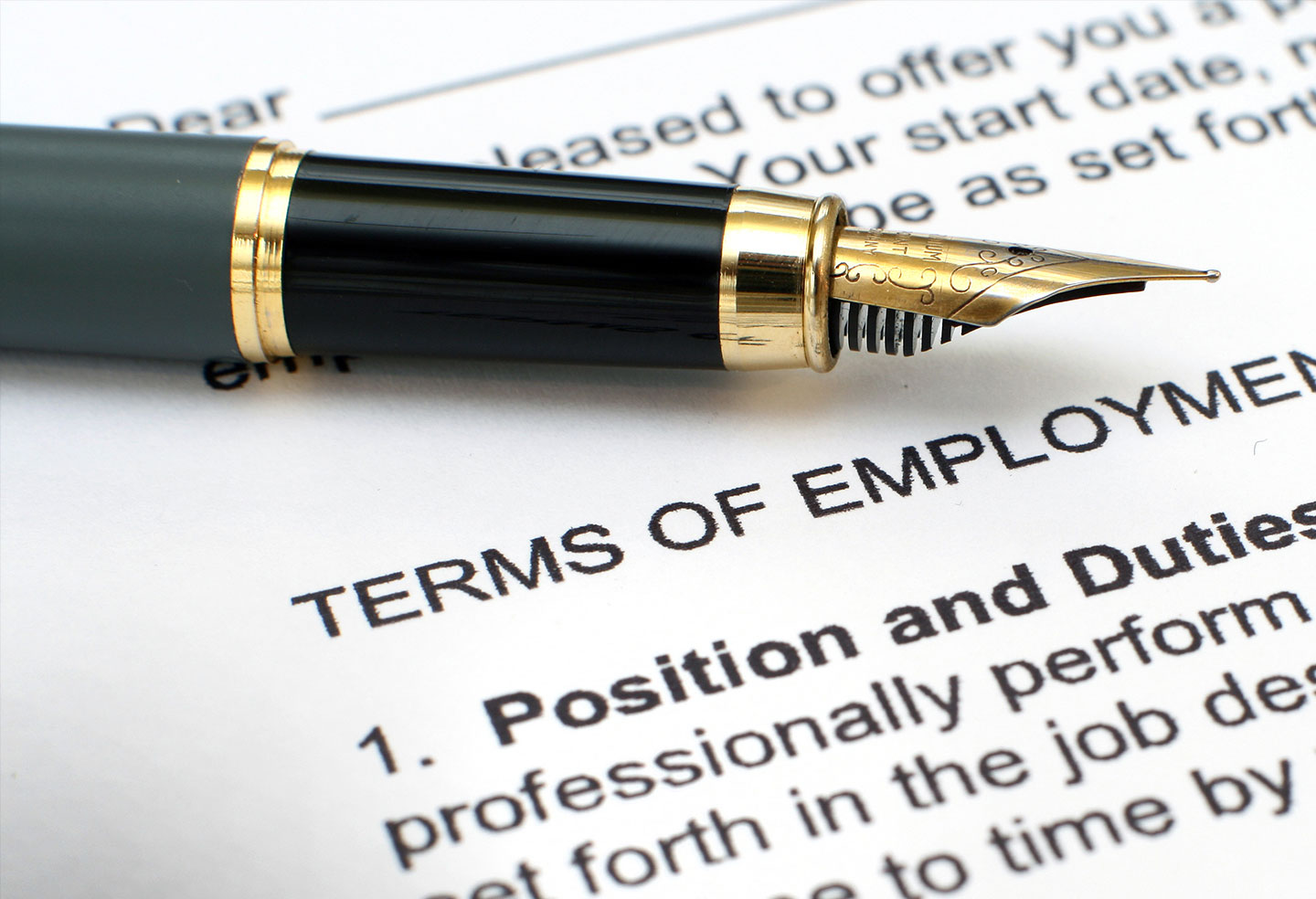Legal Bulletins

DOL Issues Guidance for Employers of Health Care Workers and Emergency Responders
The Families First Coronavirus Response Act (FFCRA) provides that the employers of health care employees and emergency responders may elect to exclude those employees from application of the federal Emergency Paid Sick Leave Act (EPSL Act) and the federal Extended Family and Medical Leave Act (e-FMLA).
In recently released FAQs, the U.S. Department of Labor (DOL) explained the parameters of that provision.
Health Care Providers
The term “health care provider” is narrowly defined in FMLA to include doctors, nurse practitioners and other higher level, licensed professionals who are authorized to sign FMLA medical certifications. Because the FFCRA specifically incorporates that definition, most observers believed the ability to exclude health care employees from coverage under the new leave laws would be similarly limited.
However, the DOL announced while that limited definition still applies to who is a health care provider for purposes of determining individuals whose advice to self-quarantine can be relied upon as a qualifying reason for paid sick leave, it does not govern who may be excluded from coverage by their employer from ESPL and/or e-FMLA leave. Instead, for that purpose, the DOL announced a broader definition of health care provider that encompasses all employees at a broad range of facilities, including doctor’s offices, hospitals, nursing homes, retirement communities, health care centers and clinics.
The DOL’s response to FAQ 56 states the following:
"Who is a ‘health care provider’ who may be excluded by their employer from paid sick leave and/or expanded family and medical leave?
“For the purposes of employees who may be exempted from paid sick leave or expanded family and medical leave by their employer under the FFCRA, a health care provider is anyone employed at any doctor’s office, hospital, health care center, clinic, post-secondary educational institution offering health care instruction, medical school, local health department or agency, nursing facility, retirement facility, nursing home, home health care provider, any facility that performs laboratory or medical testing, pharmacy, or any similar institution, employer, or entity. This includes any permanent or temporary institution, facility, location, or site where medical services are provided that are similar to such institutions.
“This definition includes any individual employed by an entity that contracts with any of the above institutions, employers, or entities institutions to provide services or to maintain the operation of the facility. This also includes anyone employed by any entity that provides medical services, produces medical products, or is otherwise involved in the making of COVID-19 related medical equipment, tests, drugs, vaccines, diagnostic vehicles, or treatments. This also includes any individual that the highest official of a state or territory, including the District of Columbia, determines is a health care provider necessary for that state’s or territory’s or the District of Columbia’s response to COVID-19.
“To minimize the spread of the virus associated with COVID-19, the Department encourages employers to be judicious when using this definition to exempt health care providers from the provisions of the FFCRA.”
Emergency Responders
The DOL announced a similarly broad definition of an “emergency responder” to govern who may be excluded from coverage by their employer from ESPL and/or e-FMLA leave in the following response to FAQ 57:
“Who is an emergency responder?
“For the purposes of employees who may be excluded from paid sick leave or expanded family and medical leave by their employer under the FFCRA, an emergency responder is an employee who is necessary for the provision of transport, care, health care, comfort, and nutrition of such patients, or whose services are otherwise needed to limit the spread of COVID-19. This includes but is not limited to military or national guard, law enforcement officers, correctional institution personnel, fire fighters, emergency medical services personnel, physicians, nurses, public health personnel, emergency medical technicians, paramedics, emergency management personnel, 911 operators, public works personnel, and persons with skills or training in operating specialized equipment or other skills needed to provide aid in a declared emergency as well as individuals who work for such facilities employing these individuals and whose work is necessary to maintain the operation of the facility. This also includes any individual that the highest official of a state or territory, including the District of Columbia, determines is an emergency responder necessary for that state’s or territory’s or the District of Columbia’s response to COVID-19.
“To minimize the spread of the virus associated with COVID-19, the Department encourages employers to be judicious when using this definition to exempt emergency responders from the provisions of the FFCRA.”
A word of caution — the DOL’s FAQs are useful guidance, but are not binding. The DOL is expected to release regulations on the new leave laws in the coming weeks. Those regulations may modify aspects of what the DOL has said in these and other FAQs. In the meanwhile, that DOL stated that it will not bring enforcement actions against employers for violating the new leave laws “occurring within 30 days of the enactment of the FFCRA, i.e. March 18 through April 17, 2020” where employers have made reasonable, good faith efforts to comply with the act. It is advisable not to make an irreversible decision based on the FAQs until the regulations are issued.Significant issues in other FAQs on the two federal leave laws can be found here.
If you have questions about the application of the exclusions of other COVID-19 employment issues, please contact Charles R. Bacharach.
For additional information on the impact of the coronavirus, visit our information hub for a list of up-to-date content.
Charles R. Bacharach
410-576-4169 • cbacharach@gfrlaw.com